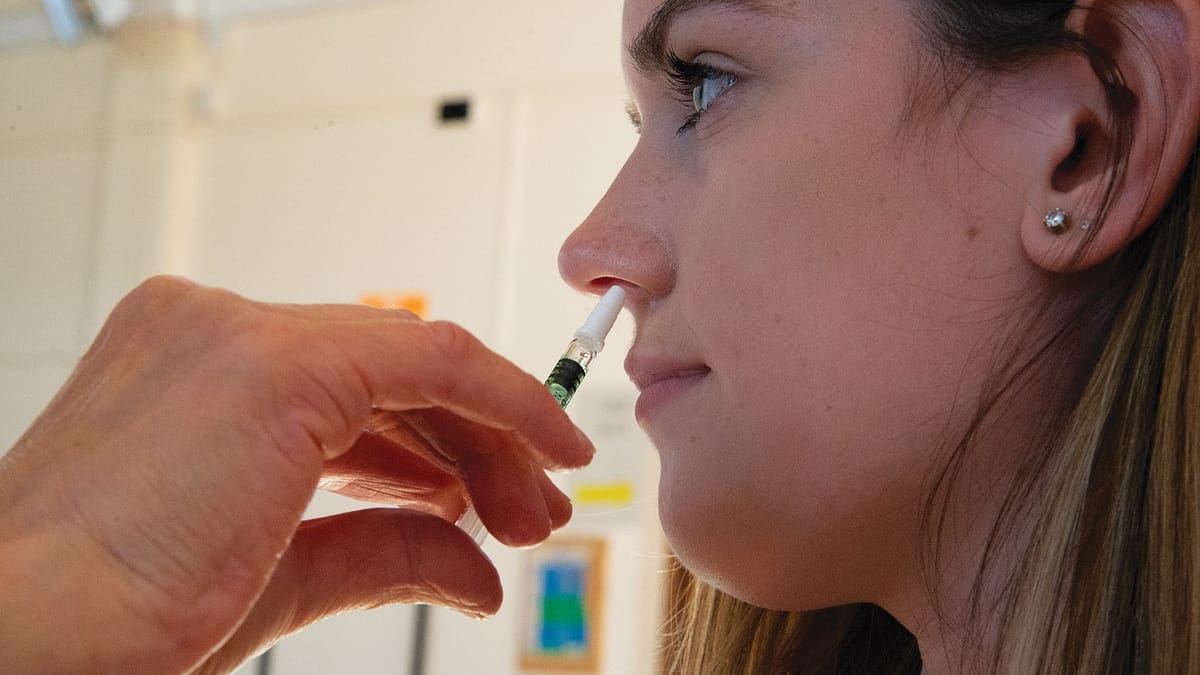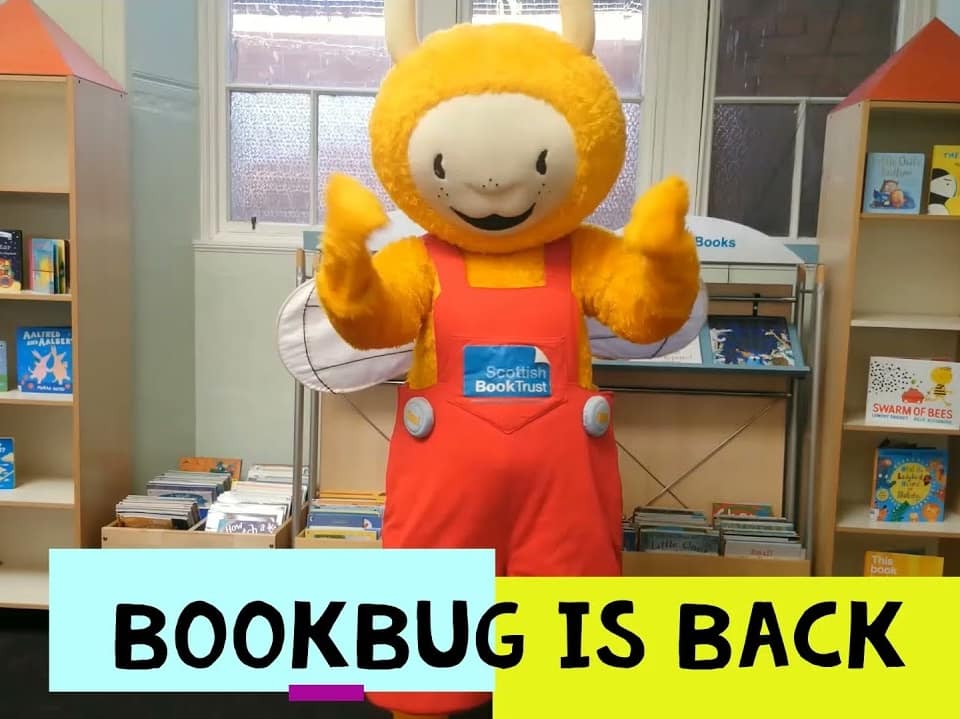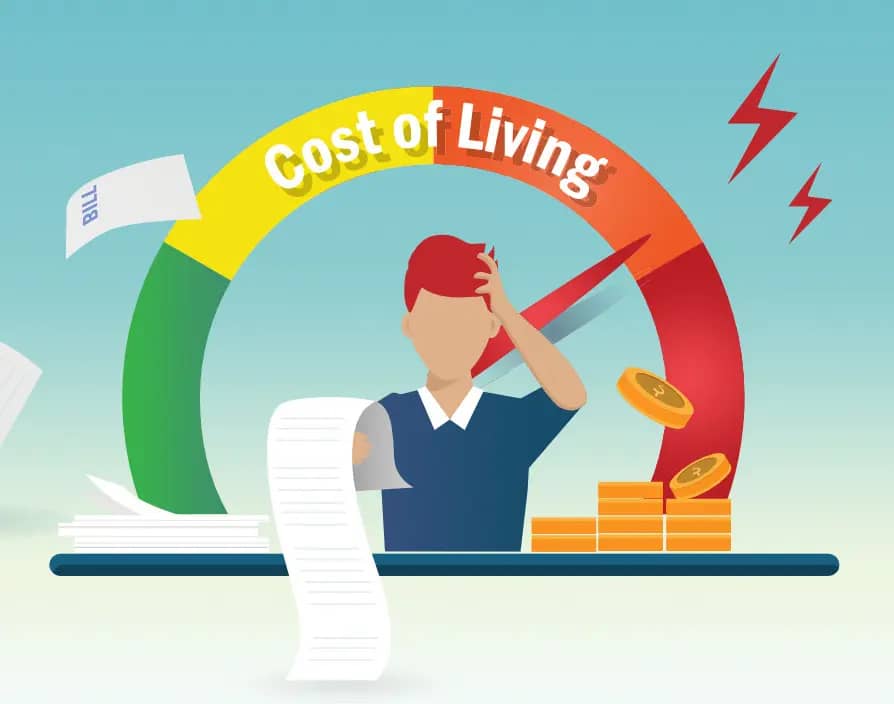
Mental Health In An Unequal World: Uncovering The Hidden Impacts Of Societal Inequality
7 October 2021
Your Influence Could Hold The Key: 10 Ways To Help A Loved One Stop Smoking
14 October 2021The Flu Vaccine For Cumbernauld Citizens: Who Is Eligible This Year And How To Access It
Cumbernauld residents eligible for the free flu vaccine are being urged to take up the offer to protect themselves as NHS Lanarkshire undertakes its largest ever flu immunisation programme.
Health officials are concerned because this will be the first winter that coronavirus (COVID-19) and flu circulate fully at the same time, with research showing that those infected with both viruses are more than twice as likely to die as someone with coronavirus alone.
More than three million people across Scotland – including in excess of 300,000 people in Lanarkshire – are being offered a vaccine this year in the biggest flu vaccination campaign so far. This includes children aged 2-5 years (not yet in school), all secondary school children up to the age of 16, everyone aged under 65 at risk, everyone aged 65 and over, and people who have been shielding and members of their households.
For those living in and working in care homes, along with those receiving care at home and the elderly, NHS Lanarkshire is making arrangements for vaccinations to take place in the home.
Alongside the extended flu campaign, the over-50s and younger adults with health conditions are also being offered a COVID-19 booster jab this autumn and winter. Dr Mark Russell, NHS Lanarkshire’s lead for the coronavirus vaccination programme, said:
“Delivering COVID-19 vaccine first and second doses, boosters and the flu vaccination is a massive undertaking. This year, more people than ever are eligible for the flu vaccine and, where possible, we are offering this at the same time as the COVID-19 booster vaccine.
“As with the initial COVID-19 vaccination programme, we are asking people to be patient as they will be contacted when it is their turn for either o8r both vaccines.
“To allow GP practices to continue to provide their vital services to patients, they are not involved in delivering these vaccination programmes. Please do not contact your GP practice about the COVID-19 booster or flu vaccinations as they will not be able to help.”
Health professionals have warned the level of immunity to flu was likely to be lower this winter because very little of the virus had been circulating last year because of social distancing and lockdown. Virology experts have also indicated that it had been trickier to gauge which flu strains to cover with this year’s vaccine because cases had been so low last year.
Flu is serious and with COVID-19 still circulating there is increased risk to life if a person becomes ill with both viruses simultaneously, therefore everyone needs to play their part to keep people in Cumbernauld communities as healthy as possible over the winter months. As such, it is vitally important people get vaccinated as this is the first winter where we will have both viruses co-circulating.
===================================================================
AN INTRODUCTORY GUIDE TO THE FLU VACCINE
What is Flu?
Flu (influenza) is a common infectious viral illness spread by coughs and sneezes. It can be very unpleasant, but you’ll usually begin to feel better within about a week. You can catch flu all year round, but it’s especially common in winter, which is why it’s also known as seasonal flu.
Flu isn’t the same as the common cold. Flu is caused by a different group of viruses and the symptoms tend to start more suddenly, be more severe and last longer. Some of the main symptoms of flu include a high temperature (fever) of 38C (100.4F) or above, tiredness and weakness, a headache, general aches and pains, and a dry, chesty cough.
Cold-like symptoms, such as a blocked or runny nose, sneezing, and a sore throat can also be caused by flu, but they tend to be less severe than the other symptoms you have. Flu can make you feel so exhausted and unwell that you have to stay in bed and rest until you feel better.
The dangers of flu are increased this year as a result of the coronavirus pandemic. Flu is a different virus to COVID-19, but it can sometimes be difficult to differentiate between the two if you are feeling unwell.
The main symptoms of COVID-19 are a cough, fever, shortness of breath and a loss or change in sense of taste and smell. There is currently no vaccination available for COVID-19, although medical experts around the world are working hard to develop one.
What is the Flu Vaccine?
The flu vaccine stimulates your body’s immune system to make antibodies to attack the flu virus. Antibodies are proteins that recognise and fight off germs, such as viruses, that have invaded your blood.
The flu vaccine is usually given through a jab to the upper arm. Vaccination only takes a minute or two, and for most people only causes mild discomfort for the few seconds that the needle enters the arm. This year, a nasal spray vaccine is being used to administer immunisation to children.
How Effective is the Flu Vaccine?
The vaccine takes around 10 days to work and should help protect you from flu for around a year. You have to get immunised every year because flu viruses change constantly and your immunity reduces over time.
The flu vaccine can’t give you flu, but it can stop you catching it. Flu vaccines help protect against the main types of flu viruses, although there’s still a chance you might get flu. If you do get flu after vaccination, it’s likely to be milder and not last as long.
Having the flu vaccine will also stop you spreading flu to other people who may be more at risk of serious problems from flu.
How Safe Are Flu Vaccines?
All flu vaccines used are tested for safety and effectiveness before they’re allowed to be used. Once they’re in use, the safety of vaccines continues to be monitored by the Medicines and Healthcare Products Regulatory Agency (MHRA).
Sometimes the flu vaccine can cause side effects, but they are usually mild and only last for a day or so. They can include a slightly raised temperature, muscle aches and sore arm where the needle went in.
It’s very rare for anyone to have a serious allergic reaction (anaphylaxis) to the flu vaccine. If this does happen, it usually happens within minutes, and the person who administers the vaccine will be trained to deal with allergic reactions and offer immediate treatment.
Who Should Not Have the Flu Vaccine?
Most adults can have the flu vaccine, but you should avoid it if you have had a serious allergic reaction to a flu vaccine in the past. You may be at risk of an allergic reaction to the flu vaccine injection if you have an egg allergy. This is because some flu vaccines are made using eggs.
It’s important to let the person carrying out the vaccine know if you have an allergy to eggs. For those affected, there are egg-free and low-egg brands of vaccine which can be used.
===================================================================
NHS Lanarkshire is reassuring citizens that everyone who is eligible will receive an appointment letter for their flu and COVID-19 booster vaccinations in due course. It is anticipated that everyone eligible will receive their flu vaccination by the end of 2021.
If you are not sure if you are eligible for the flu vaccination, visit www.nhsinform.scot/flu for further information. Pregnant women and household members of those shielding are invited to telephone 0800 22 44 88 for advice on their eligibility.
More details about NHS Lanarkshire’s Flu Vaccination Programme can be obtained by clicking here. For more information and advice about flu, click here.





